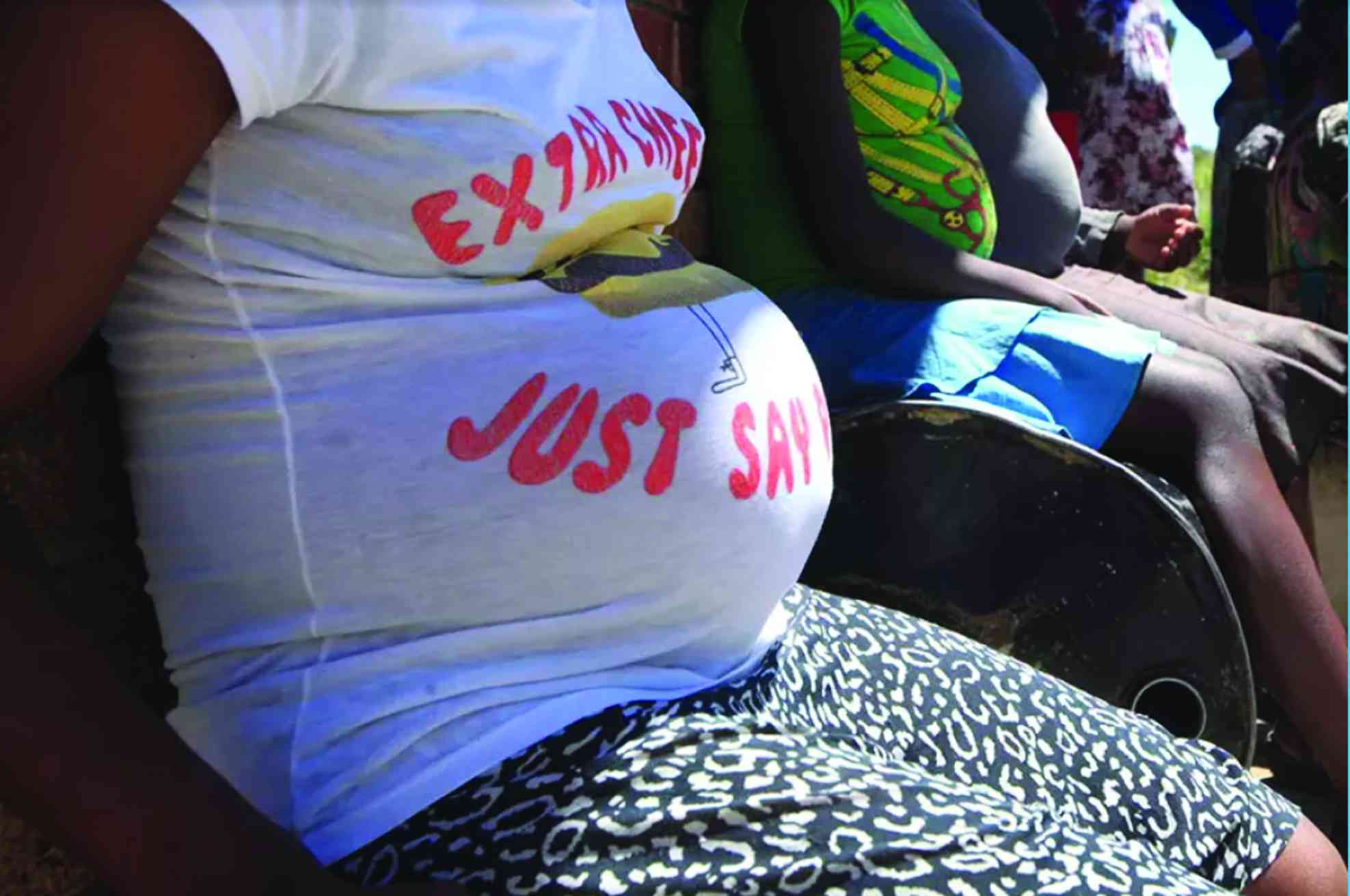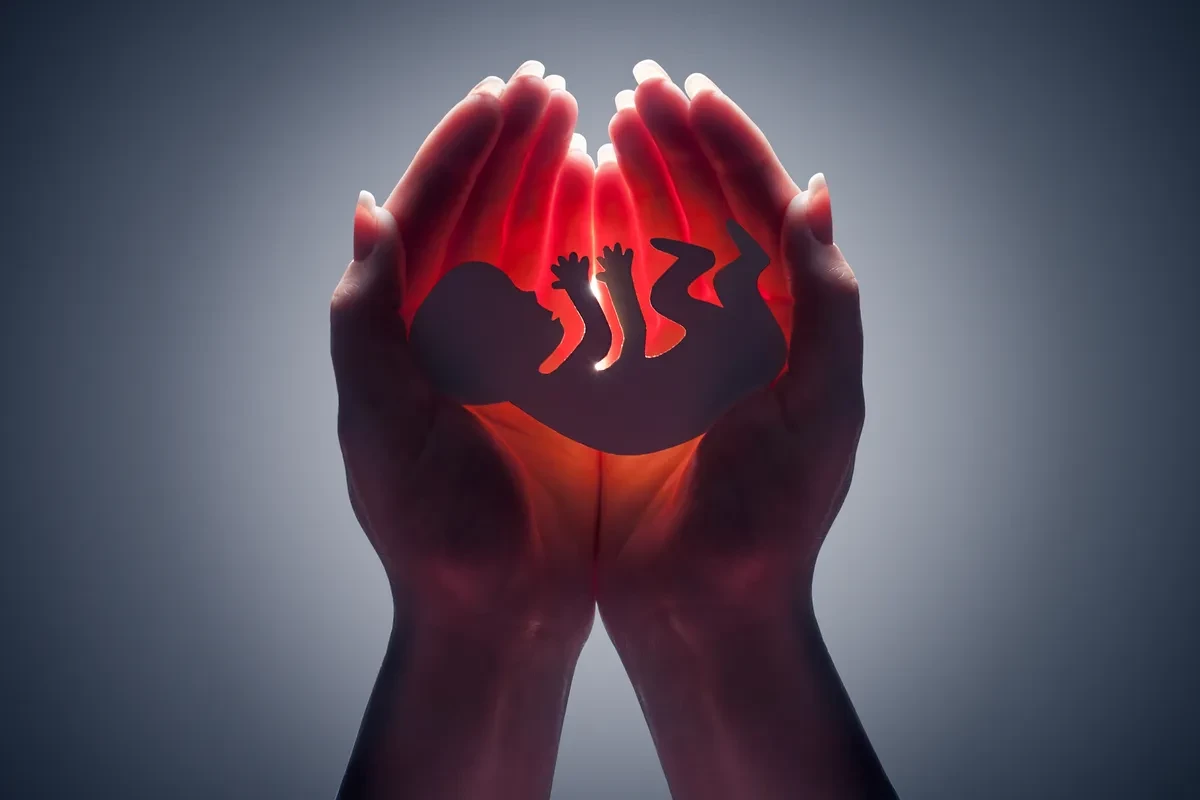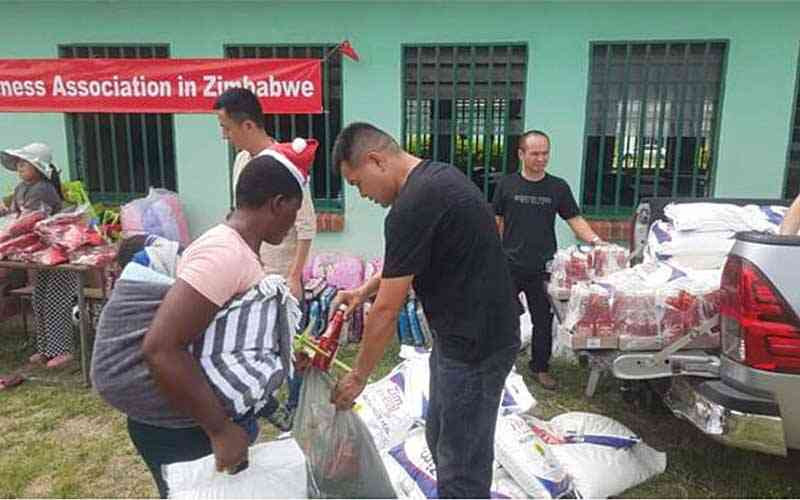
"Nokutenda got pregnant at 14 while doing Form 1. We reported the case to our local police and were referred to the district police,” says Hamunyari Mbonje* who is facing a difficult time with her pregnant teenage daughter.
They roped in the boy's parents to map the way forward, but that has not yielded any results.
"Both parents were present at the police station and we were told to sit down and map the way forward. The boy's parents never came back since that day. My daughter is always sick and I tried to engage the boy's mother and she ignored me,” narrated Mbonje.
"The boy's father said she should go and stay with them in Bindura. They failed to register her for antenatal despite promising to do so. She didn't go for check ups. I got to know this and tried other avenues.
"We tried to get her to abort and she refused. I faced a lot of challenges and I'm afraid of losing my daughter. What's worse is no one from the boy's family cares to check how she is faring since she has not been feeling well.”
According to Plan International, adolescent pregnancy remains a major contributor to maternal and child mortality.
“Complications relating to pregnancy and childbirth are the leading cause of death for girls aged 15 to 19 globally. Pregnant girls and adolescents also face other health risks and complications due to their immature bodies. Babies born to younger mothers are at greater risk,” a report by Plan International said.
It also said adolescent pregnancies were usually unplanned as they mainly occurred in countries that prohibited abortion, resulting in unsafe abortion practices.
- Kenya introduced free maternal health services a decade ago - it’s been a success, saving lives
- Re-integration of pregnant schoolgirls still low: CARE
- Pregnant, teenage mothers deserve another chance
- Tackling the scourge of child pregnancies in Zim requires multi-sectoral collaboration
Keep Reading
According to Plan International, about 3,9 million unsafe abortions occur each year among girls aged 15 to 19 in developing regions that mainly prohibit abortion.
Statistics from the World Health Organisation show that annually, an estimated 21 million girls aged 15 to 19 years in developing regions become pregnant and approximately 12 million of them give birth.
Given her daughter's condition during pregnancy, Mbonje fears the worst may occur and she ends up losing her daughter.
The United Nations Population Fund (UNFPA) says unsafe abortions due to unwanted pregnancies also common among adolescents.
“It is an indicator of girls’ and women’s unmet need for contraception. In sub-Saharan Africa, extreme poverty, inadequate access to reproductive health information and services and restrictive abortion laws cause many women to resort to clandestine abortion providers to get rid of unintended pregnancies, resulting in about 3% obtaining unsafe abortions each year,” the UNFPA said in a statement.
It said girls aged 15 to 19 years were twice as likely to die during childbirth than women over the age of 20 as their bodies have not yet developed.
This sums up the challenges being faced by Mbonje who is finding her daughter’s experience a tall order.
Similar to Mbonje’s predicament is the situation Forget (19) is in.
She fell pregnant while doing Lower Six and had to drop out of school signalling an end to her promising career as she had to focus on motherhood.
Unlike Mbonje, she never contemplated abortion but felt her life was doomed.
“I went to my boyfriend's house but he disowned me and refused to take responsibility for the pregnancy. He abused me both physically and sexually as I had been left at his house by my parents.”
"Life was difficult for me but I endured for some months,” she narrated.
Luck came her way as she was sought by the Campaign for Female Education (Camfed) and underwent a series of counselling sessions before being readmitted to school.
“I went back to school when my pregnancy was at six months. That was the worst time of my life as I suffered humiliation. Going to school while pregnant is not an easy thing, I was mocked, laughed at and told many hurtful things but I had to make sure I endure all that for the sake of my future.
“I encountered many challenges during my time at school, my school was a long distance from home but I would walk daily to school. The day I went into labour I was actually at school and I went straight to the clinic from there.
“I relocated to the village and left my two-week-old baby. I would leave her with my mother. I told my headmaster of my predicament and through Camfed I got a bicycle so I wouldn't delay going to my baby after school,” she said.
Forget is one of the few girls who fell pregnant and continues to soldier on despite the circumstances as many will try to abort or to resort to harmful and negative actions.
She is lucky as she didn't encounter some of the serious challenges associated with adolescent pregnancies.
Forget regrets that the Not in my Village Campaign recently unveiled by UNFPA and partners came late for her as she had already been exposed to teen pregnancy and its challenges.
The campaign by UNFPA, the National Aids Council and partners aims to engage community leaders, especially chiefs, to end adolescent pregnancies and child marriages.
Statistics on the adolescent pregnancy rate are alarming, with around 355 000 girls aged 10 to 19 falling pregnant between 2019 and 2022 in Zimbabwe
A staggering 25% of maternal deaths occur among adolescents.
* Not her real name











